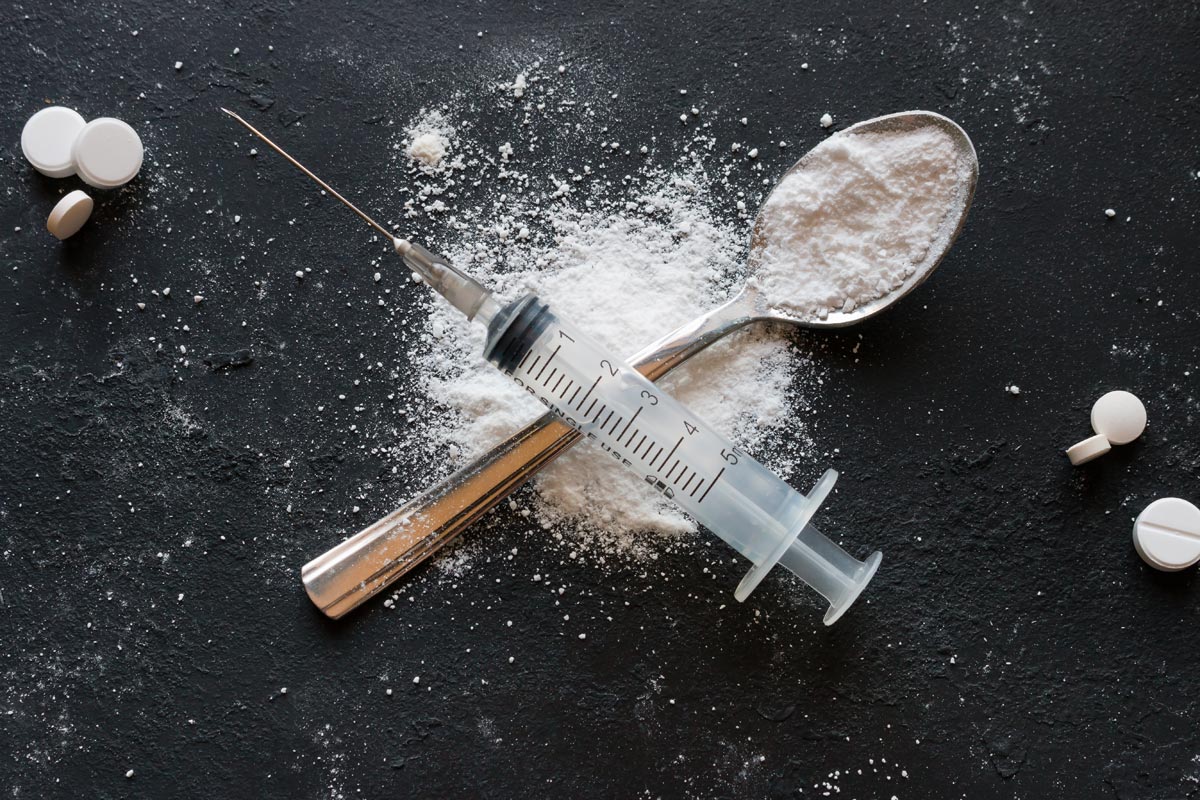
At the beginning of the summer we discussed a topic of the utmost importance regarding addiction. A vaccine for heroin and other opioids. A drug that could influence one’s immune system to keep opioids from passing the blood-brain barrier. Effectively removing one’s ability to get high or overdose on an opioid. If you are thinking that this all sounds like science fiction, you would only be half wrong.
In fact, using animal models scientists have been able to accomplish the aforementioned task. But, given that, there are several other phases of research needed before such a drug could go to market. Specifically, human trials are needed to bear fruit before the U.S. Food and Drug Administration (FDA) will give its approval.
A requirement that could be a long way from fulfillment. So, how close are way to seeing a vaccine for deadly drugs like heroin and fentanyl? The answer to that depends on who you ask.
Health and Human Services (HHS) vs Reality
With 142 Americans succumbing to opioid overdose every day, there has never been a greater need for a vaccine. While such a drug would not cure addiction, it could have a salient effect on overdose rates. Earlier this week, HHS Secretary Tom Price talked at a press briefing about the potential for an opioid vaccine, stating:
“The numbers are absolutely daunting — 52,000 overdose deaths in 2015; 33,000 of those approximately related to opioids. The numbers in 2016 are no better, and the numbers in 2017 are even worse than 2016,” Price said. “One of the exciting things that they’re [The National Institutes of Health -NIH] actually working on is a vaccine for addiction, which is an incredibly exciting prospect.”
Please take a moment to watch a short video of the press briefing:
If you are having trouble watching, please click here.
Unfortunately, Dr. Price’s optimism may be premature. There are three more phases of trials needed before an opioid vaccine could hit the market, CNN reports. A requirement that could go on for several years. If the opioid addiction epidemic has showed us anything, it’s that time is not on our side. Many more Americans with untreated opioid use disorder will perish before such a drug is available. Assuming it makes it through human trials.
“It’s a long process, and it takes years,” said Dr. Ivan Montoya, acting director of the Division of Therapeutics and Medical Consequences at the National Institute on Drug Abuse. “Sometimes, the translation from animals is not necessarily the same in humans.”
Addiction Treatment Recovery Vaccine
Addiction recovery is not a cure for this most serious illness. However, those who utilize the various programs of recovery protect themselves from relapse. It is not a guarantee, to be sure. Although, in a way, going to treatment and working a program of recovery is an antibody for preventing recidivism. Working a program can be considered a vaccine, but its effectiveness depends on the individual. Their ability to stay honest, willing and able to practice the principles of recovery in all their affairs. Day in, day out.
It is hard to say if the opioid vaccine will ever become a reality. In the meantime, those looking to save their life must turn to recovery. It is their best shot of breaking the cycle of addiction and avoiding fatal overdoses. If you are in the grips of opioid use disorder, please contact 10 Acre Ranch today.






